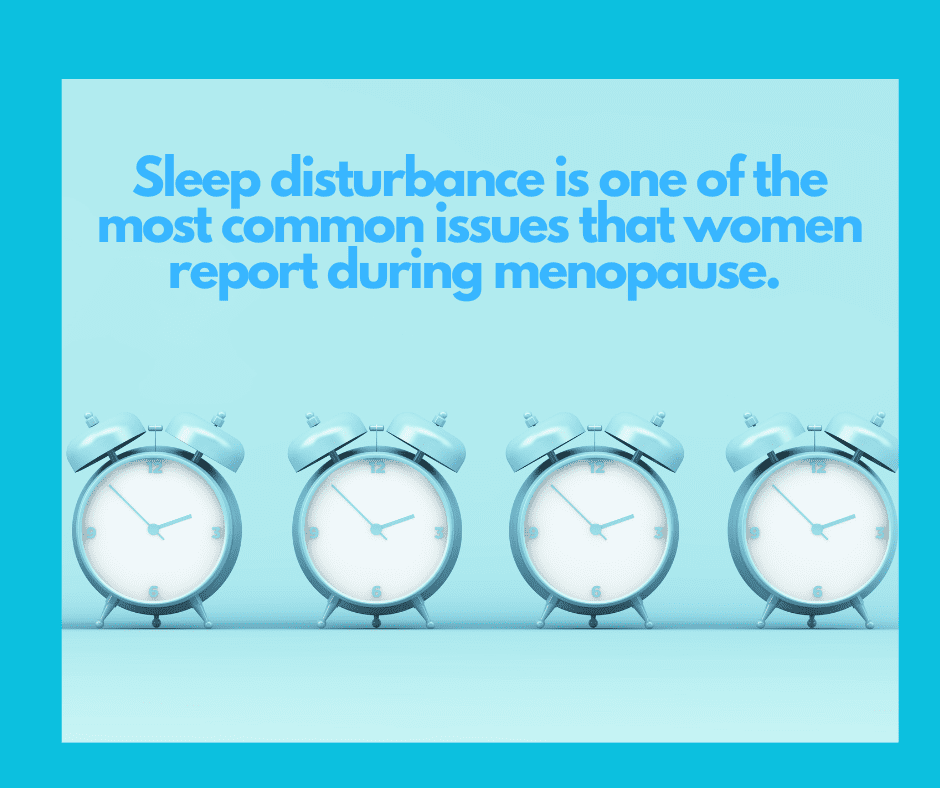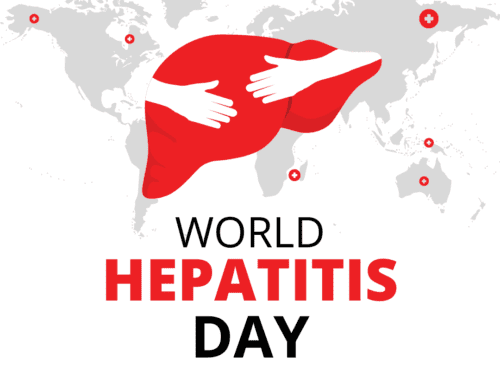Hormonal Sleep Disruption
We know that restorative sleep is foundational for overall health by reducing internal inflammation, including cortisol levels and other stress-related hormones. Sleep improves cardiovascular and cognitive health as well as restoring our immune health to be better equipped to fight infection.
Unfortunately, for women transitioning into menopause, nearly half report sleep disturbance and approximately one third go on to develop chronic insomnia.
For many, there can be an overlap of night sweats and hot flashes (vasomotor symptoms), mood disturbances, circadian rhythm disruption and other causes for sleep disturbance, taking on a myriad of manifestations. Quite often it is marked by difficulties falling sleep, restless sleep, or wakefulness throughout the night.
Estrogen influences the brain activating serotonin, norepinephrine, and dopamine neurotransmitters pathways within the brain. As estrogen decreases, these neurotransmitter pathways can be disrupted, affecting many components responsible for initiating and promoting restful sleep, as well as regulation of internal temperature (think hot flashes and night sweats).
In addition to hormonal changes, general life stress, underlying mood disturbances like depression and anxiety, primary sleep disturbances (sleep disordered breathing and restless legs syndrome) and other conditions can further erode sleep quality. The effect of hormonal changes can compound and significantly worsen each condition.
The factors leading to insomnia are complex, but a good night’s sleep is still within reach! There are many options for treatment. I recommend collaborating with your physician for restful and restorative sleep again. Are you looking for a physician who “gets it” and empowers you to make decisions that work for your health?
Tips for Improved Sleep During Perimenopause
Even though not directly implicated in hormonal sleep disturbance, general sleep hygiene is always recommended.
• AVOID “screen time” for 60 to 90 minutes before bedtime
• Consider using an orange light bulb in the bedside lamp so that you can read without inhibiting melatonin
• AVOID alcohol
• Exercising at least 2 hours before bedtime
• Keep your room cool

Women with vasomotor symptoms (hot flashes and night sweats) that interrupt sleep may be candidates for hormone replacement therapy. Isoflavens (soy), omega-3 fatty acid supplements and other non-hormonal medications are also options.
Hormonal changes in perimenopause can bring out mental health disorders that are linked to poor sleep. Sometimes it can unearth serious underlying mental health conditions like depression, anxiety and PTSD. Some women have mood disturbances that respond to medications that affect neurotransmitters like SSRIs (escitalopram/Lexapro or sertraline/Zoloft), SNRIs (venlafaxine/Effexor) or dopaminergics (bupropion/Wellbutrin). With seasonal symptoms, light box therapy can be beneficial as can exposure to natural light throughout the day.
Consider an evaluation for sleep-disordered breathing syndromes (like sleep apnea) which may present in women more as fatigue and decreased cognition (and not necessarily snoring which may present more commonly in men).
General stress management techniques like mindfulness-based stress reduction, meditation, yoga, and deep breathing exercises may be helpful.
Sleep is key to our health and well-being. The factors that determine your ability to get a good night’s rest are complex and unique to your body. With the right approach, you can have restorative sleep again. Want to learn more about peri-menopause, symptoms, and treatment options? Let us send you our weekly newsletter for free.





